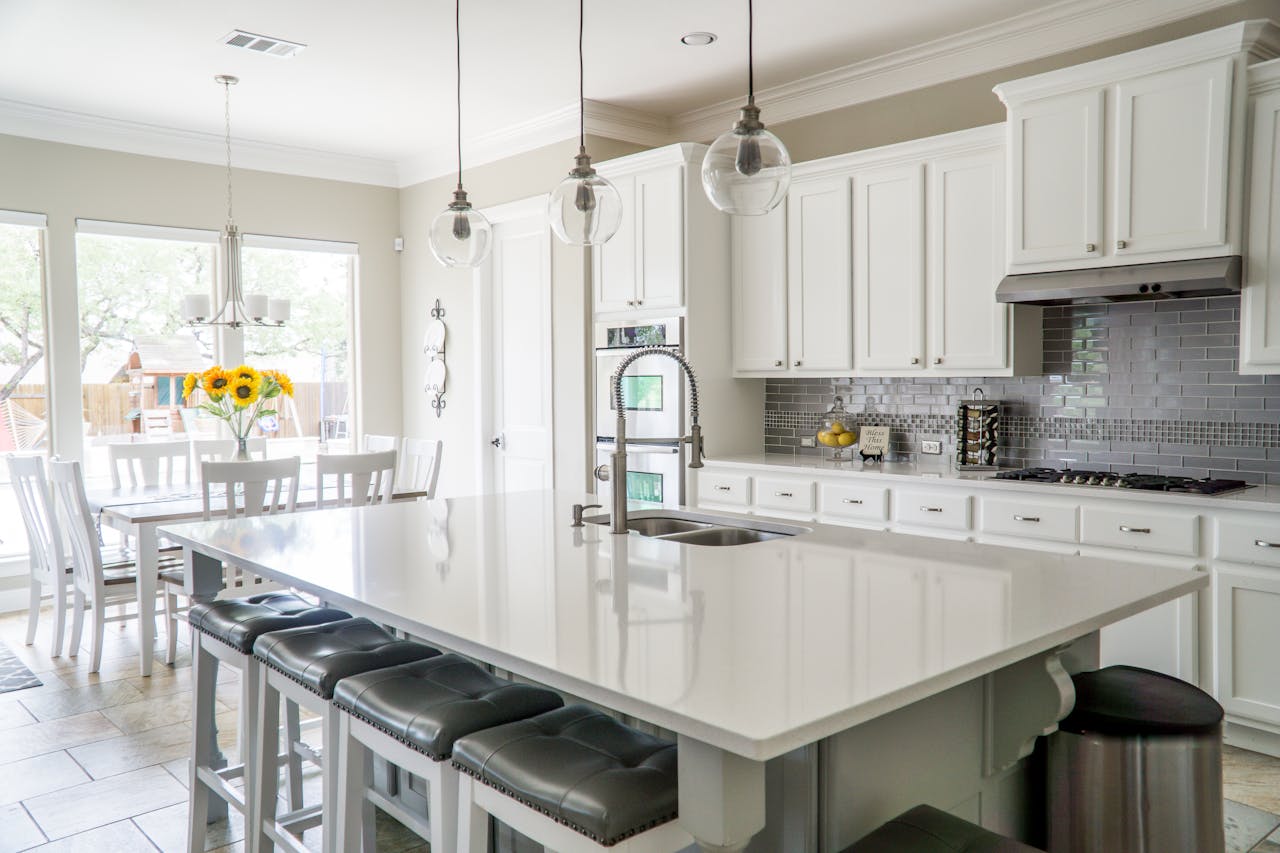Embarking on a kitchen remodeling project is an exciting prospect for many homeowners. The idea of transforming a vital part of your home into a more functional and aesthetically pleasing space can be very appealing. Whether the goal is to update the look, enhance the functionality, or boost the resale value of the home, kitchen remodeling can be a substantial but rewarding investment. A frequently asked question by many homeowners is, “How long does it take to remodel a kitchen?” This article aims to outline the typical timeline for a kitchen remodel and highlight various factors that can influence how long the project might take.
Understanding the Basics of Kitchen Remodeling
Kitchen remodeling encompasses a broad range of updates from minor modifications to major renovations that alter the structure and utility of the kitchen. Projects can include simple updates like replacing old appliances and cabinetry, or more extensive efforts such as changing the floor plan and moving plumbing and electrical systems. Each project has its own set of requirements and challenges, which means that the timeline for completion can vary widely. Understanding the scope and requirements of your kitchen remodeling project can help you better manage expectations and plan accordingly.
The Typical Timeline for Kitchen Remodeling
The duration of a kitchen remodeling project can typically range from three to five months from inception to completion. However, this is a general estimate and the actual time can vary significantly depending on the specifics of the project. Some smaller projects may be completed in just a few weeks, while more extensive remodels could take up to a year or more, particularly if there are delays or unexpected issues.
Planning and Design (1-2 Months)
The planning and design phase is a critical part of kitchen remodeling. During this time, homeowners decide on the layout, style, and materials for the new kitchen. This phase often involves collaboration with a designer or architect to ensure that the plans are both aesthetically pleasing and functional. Careful and detailed planning during this stage can prevent issues and delays during the construction phase, setting the foundation for a smoother remodeling process.
Permits and Approvals (1-4 Weeks)
Once the design is set, obtaining the necessary permits is the next step. This is particularly important if the remodel involves structural changes or significant electrical or plumbing modifications. The time required to secure these permits can vary widely depending on local regulations and the complexity of the project. This phase is critical because working without the necessary permits can result in fines or forced changes to the project later on.
Ordering and Waiting for Materials (1-2 Months)
After securing permits, the next step is to order the materials and appliances needed for the remodel. The availability of these items can greatly affect the timeline; common materials and appliances might be readily available, while custom items like cabinetry or specialty appliances could have longer lead times. It’s important to order these materials early in the process to minimize the risk of delays later.
Demolition and Construction (1-3 Months)
The physical transformation of your kitchen begins with the demolition phase, where old fixtures and structures are removed to make way for new components. Following demolition, construction begins which may involve extensive carpentry, plumbing, electrical work, and possibly structural changes. This phase is typically the most disruptive and can vary in length depending on the extent of the work being done.
Finishing Touches (2-4 Weeks)
The final phase of the remodel involves installing backsplashes, painting, flooring, and finishing other aesthetic components. These elements, while seemingly minor, can significantly influence the overall appearance of your kitchen. This stage also includes the final inspections to ensure that everything has been installed properly and is operating safely according to local building codes.
Factors That Affect the Remodeling Timeline
The timeline for kitchen remodeling can be influenced by several factors:
Scope of the Remodel: The more extensive the changes, the longer the project typically takes. Expansive updates that require structural alterations will take more time than simple cosmetic updates.
Availability of Materials: The availability of your chosen materials and appliances can significantly affect the project timeline. Opting for standard materials typically allows for a quicker completion compared to custom orders, which require more time.
Changes During Remodeling: Alterations to the plan after construction has begun can introduce significant delays. To avoid this, it is crucial to adhere as closely as possible to the initial plan.
Contractor’s Schedule: The efficiency and availability of your contractor also play a crucial role in how quickly the project progresses. Experienced contractors who can effectively manage the project can help minimize delays.
Unexpected Issues: Older homes can often hide issues such as mold, asbestos, or outdated wiring, which may not be discovered until demolition begins. Addressing these issues can extend the duration of the project.
Conclusion
The time it takes to remodel a kitchen can vary greatly based on several factors including the scope of the project, the availability of materials, and unexpected challenges. While most kitchen remodeling projects take between three to five months, it is essential to approach the project with flexibility and a detailed plan. By understanding the typical stages involved and the factors that can affect the timeline, you can set realistic expectations and make informed decisions throughout your kitchen remodeling journey.








